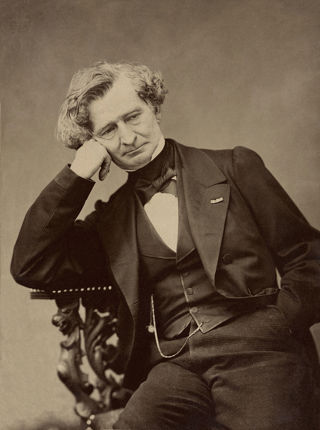
Berlioz, "Symphonie Fantastique"
Symphonie Fantastique, which was written just 3 years after Beethoven's death, redefined what music could portray. Its color, fire, narrative arc, vulgarity, descriptiveness, and drug-induced hysteria put it in a class of its own in the classical music world. As Leonard Bernstein said: "Berlioz tells it like it is. You take a trip, you wind up screaming at your own funeral." Today we'll get to know the story behind Symphonie Fantastique, and also talk about this piece and all of its brilliant innovations.
21 Jan 202159min
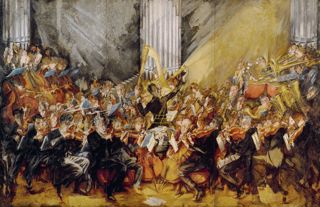
History of Classical Music in 60 Minutes
Welcome to Season 7 of Sticky Notes! I'm often asked: "I want to get into classical music, but where do I start?" Today is my attempt to answer that question! Western Classical Music is an umbrella term that stretches over 1500 years of music, and there is an infinite variety to choose from. Today, we'll take a quick look at all 6 "periods" of classical music, from the Medieval, to the Renaissance, to the Baroque, to the Classical, to the Romantic, and the Contemporary. This episode is meant for beginners as well as lovers of classical music!
14 Jan 20211h 3min
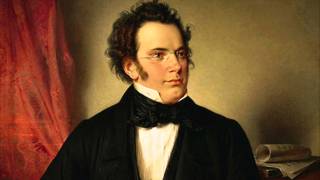
Schubert Symphony No. 9, "The Great"
The pianist Andras Schiff on Schubert: "There is a folk song like simplicity in Schubert's Music; his music is never crowded. He does not want to impress you or overwhelm you. He tells you a very simple story and invites you by very simple means to come and join him and share his thoughts." It's hard to describe an hour long piece as simple, but Schiff's description applies to this massive, majestic, and yes, simple(in the best way) symphony. This week, we'll talk all about this mesmerizing symphony.
7 Jan 202155min
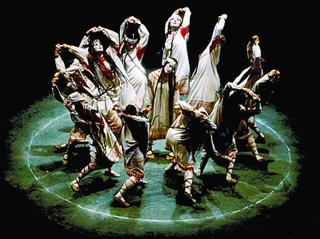
Stravinsky, The Rite of Spring, Part 2
A few years ago, I was at a performance of the Rite of Spring. Sitting behind me were some rather conservative audience members. As one particularly violent section of the piece blasted away, I heard one of them say, "If they keep playing this modern music I'm cancelling my subscription." How does a piece remain modern for so long? In Part 2 of the Rite this week, we explore this question, as well as dig into how Stravinsky builds a narrative that results in the sacrifice and the beginning of Spring.
30 Dec 202044min

Tchaikovsky, The Nutcracker
It's possible that the Nutcracker is the most recognizable Western Classical Music in the world, so what could one say about this ubiquitous piece? Well, from the adaptations of the original story, to the composition process, to the premiere, to the music itself, and to what the Nutcracker means to classical institutions, there's a lot here! At the end of the show, I also make a plea on behalf of ballet companies worldwide, and look forward to next year, when we can all enjoy this wonderful classic again.
24 Dec 202042min
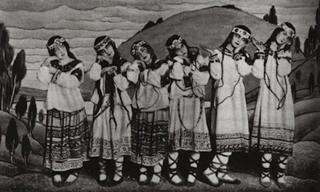
Stravinsky, The Rite of Spring, Part 1
You might be surprised to know that the famous riot at the premiere of Stravinsky's Rite of Spring was by no means the only disturbance at a classical concert in history. But it is the most famous. This week, we'll explore the who, what, when, where, and WHY of this riot, and go through Part 1 of the Rite of Spring. We'll talk about folk music and Stravinsky's use of it, rhythm, orchestration, color, and much more as we grapple with a piece that sounds just as revolutionary in 2020 as it did in 1913.
17 Dec 202045min
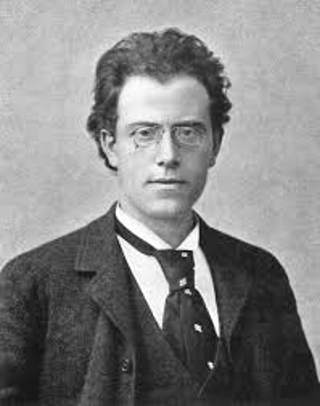
Mahler Symphony No. 3, Part 3 (Season 6 Finale)
Welcome to the Season 6 Finale of Sticky Notes! Mahler titled the last movement of his 3rd symphony "What Love Tells Me." This movement is my favorite movement of any Mahler symphony. It is a profoundly heartfelt chorale that traverses peaks and valleys of ecstasy and despair in equal measure. We'll talk all about this emotionally complex movement and how it relates to the other 5 movements in the symphony. At the end of the show, I took a moment to reflect on the previous year of shows. Please join me!
10 Dec 202040min
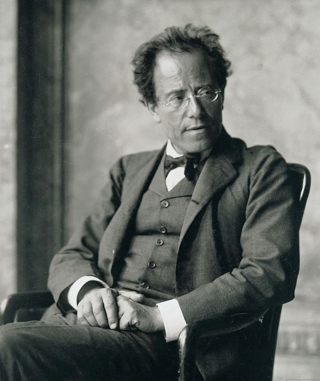
Mahler Symphony No. 3, Part 2
The middle four movements of Mahler's 3rd symphony were central to his mission - that is, to portray the entire world in one symphony. And when I say entire world I really mean it. In these movements, Mahler musically portrays what the flowers, nature, man, and angels tell him. These are some of the most colorful, kaleidoscopic, fascinating, and difficult movements in all of Mahler, and we'll talk all about them. We'll also try a new experiment where I take you through how I study a piece like this - enjoy!
3 Dec 202055min






















